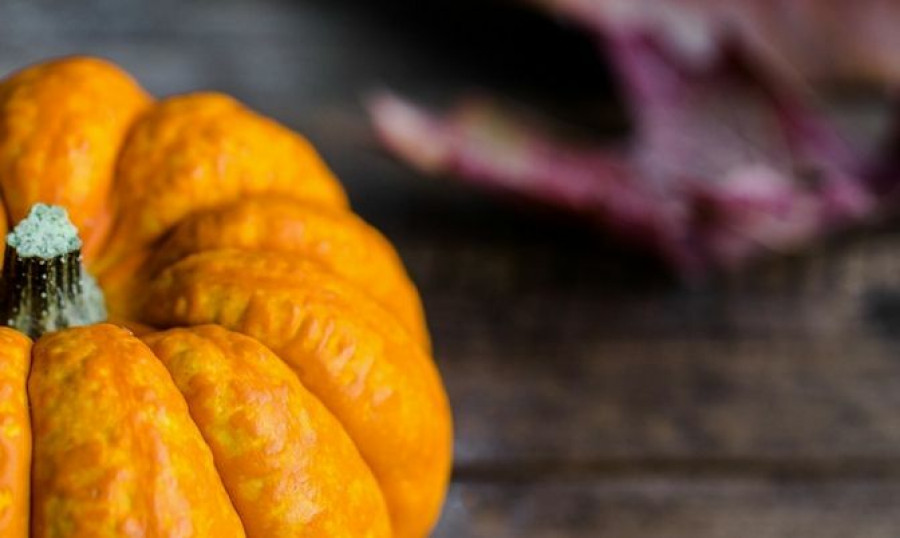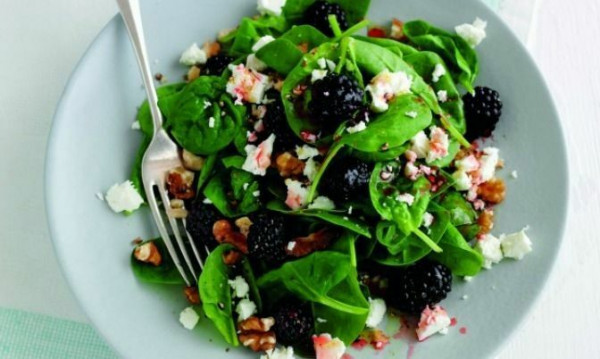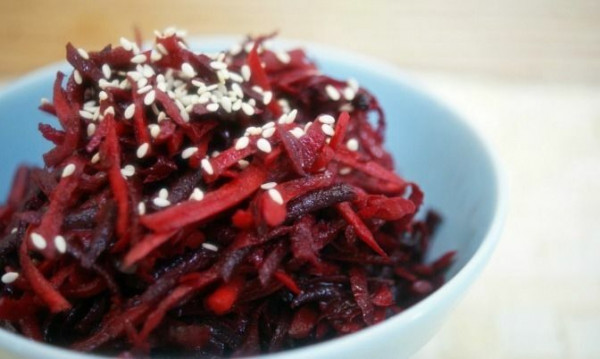The defences of our immune system will be tested as our environment changes but we can actively support this transition with seasonal foods that help to bolster the immune system.
Take cues from nature as the leaves change colour and fall while trees and plants send their most valuable resources to support their root structure. This is also the time of year when root foods, tuber vegetables, and tart foods provide the most nourishment, giving us sustenance throughout the harsh winter months. We can shore up our defences and keep our bodies healthy and prepared by incorporating these foods into our diets.
We are naturally drawn to these foods because they provide essential nutrients and antioxidants to help modulate the body’s stress response and provide protection for the immune system. They also help protect and support the organs most vulnerable during cold and flu season.
Winter Squash: There are many varieties of this vegetable. They include butternut squash, acorn squash, Hubbard squash, spaghetti squash, pumpkins, and turban squash. Rich in vitamins A, C, and E and beta-carotene, winter squash offers powerful antioxidants that help fight viruses, combat free radicals, and reduce the severity of allergic reactions. Winter squash is also a good source of fibre, supporting optimal digestive function.
Brussel Sprouts: This vegetable is a relative of the wild cabbage and has similar nutritional properties to that of broccoli. They are an excellent source of folic acid, a nutrient essential to the process of forming healthy red blood cells. They also contain thiamine and potassium and contain cancer-fighting phytochemicals that help protect cells from DNA damage.
Sweet potatoes: There are hundreds of varieties of this vegetable, with sweet and starchy flesh ranging in colour from white to deep orange. The deeper orange flesh of some varieties of sweet potatoes provides a high concentration of carotenes, some of which is converted to vitamin A, while others provide antioxidant benefits. Sweet potatoes are also a good source of vitamin B2, biotin, copper, and manganese.
Kohlrabi: One of the many vegetables in the cabbage family, kohlrabi has a bulbous stem with leaves similar to Kale. It is rich in potassium, which is one of the nutrients essential to the regulation of fluid in the body. It is also a good source of iron and B vitamins as well as vitamin C, a key nutrient for supporting the immune system.
Cranberries: These berries are a standard feature at Thanksgiving dinner. This tart fruit is an excellent source of vitamin C and fibre as well as the trace minerals copper and manganese. It is well known for its ability to help fight urinary tract infections due to compounds in the berry that prevent the adherence of bacteria to mucosal surfaces. In addition, cranberries have a beneficial effect on the health of the cardiovascular system and are demonstrated to contain constituents that help fight cancer.
Burdock Root: This underground tuber is sometimes referred to as “bear medicine” in indigenous populations across North America and has been long used throughout Eurasia in the treatment of digestive complaints and ailments associated with the liver and gallbladder. Burdock root also contains significant amounts of both vitamins C and E and provides antioxidant protection that helps the body fight infections. It is surprisingly low in calories and is rich in inulin, a prebiotic food that helps to nourish the beneficial bacteria in the gut. Since over 70% of our immune cells are in our gut, ensuring that we maintain healthy gut flora is essential to overall immune health. This vegetable is the perfect addition to your immune boosting soup or stew.










